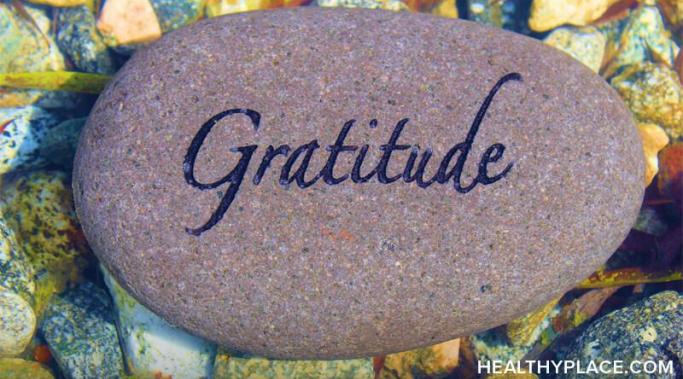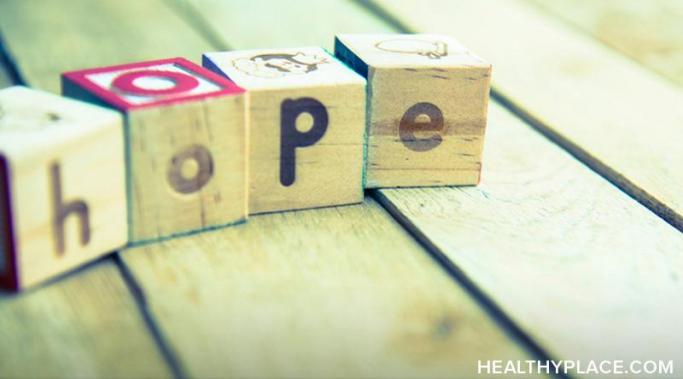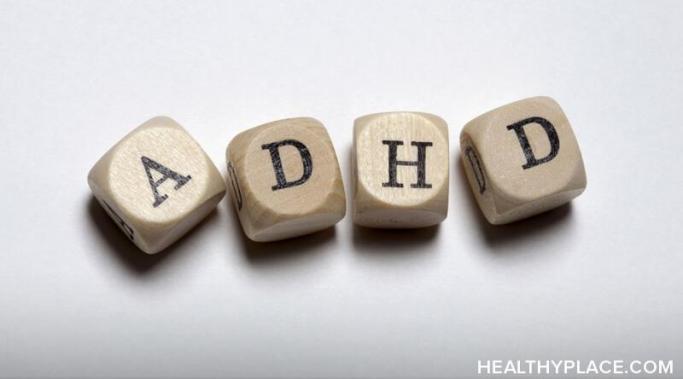Blogs
While drinking has been a part of the majority of my life, so have anxiety and depression. I went from sneaking alcohol on the weekends to week-long binge drinking benders. It was a cycle that progressively got worse, and the more I drank, the worse I felt. I would have pity parties and drown in my sorrows and regrets without realizing how damaging this cycle had become. Eventually, the crippling anxiety and symptoms of depression felt so unbearable that I was desperate to try something new. When I decided to start working on healing myself through journaling, therapy, meditation, reading self-help books, etc., I began feeling so grateful for my path and my life. I want to share this to help others in addiction recovery shift their perspective from self-hatred and sadness to gratitude and abundance.
Until a year ago, I did not equate May with Mental Health Awareness Month (MHAM). Flowers, sunshine, summer break, and my birthday most definitely, but not mental health. My battle with depression completely opened my eyes to mental illness and mental health as a whole, and I can confidently say that one month, even one year, dedicated to the topic does not do it justice. But to be fair, it is a hopeful and actionable start.
When I found out that Yahoo Answers shut down forever on May 4, 2021, I felt like a dear friend had passed away. After all, the platform helped me figure out my purpose when I was depressed, and life made no sense whatsoever.
As someone who’s into metal music, one of the things I’ve wanted to do for a while is make a vest covered with patches. I’ve been collecting patches for about four years, so at the beginning of this year, I decided I should stop waiting and just go ahead and make it.
Over the past couple of weeks, I've studied how my mental health fluctuates daily. I've noticed recently that I often struggle the most when I put significant pressure on myself to feel good, and it negatively affects my self-esteem. I mean that I put a lot of pressure on myself to be mentally healthy and subsequently notice a negative correlation with my state of mind. Today, I'm going to talk about that pressure.
Once upon a time, not too long ago, I only had suspicions regarding attention-deficit/hyperactivity disorder (ADHD). Mercifully, I summoned the wherewithal to beat a path toward diagnosis, and that's exactly what I received one day in early 2018, sitting in a doctor's office. With that, a vague hunch became solid confirmation, I began taking ADHD medication, and my life transformed.
This article discusses splitting in borderline personality disorder (BPD). (This is also known as black-and-white thinking.) For me, splitting leads to paranoid thoughts, which are usually based on something to do with abandonment. When I become aware that I may not be seeing reality clearly, I start dissociating. Then, I get into a space where I don’t feel like I exist. That’s the bit I’d like to get into in this article: how splitting leads to dissociation and how I overcome it.
After years of coping with anxiety and trying to understand it, I've learned that one of the things that affect how I feel is how others feel. In other words, I've found myself quite empathic towards the feelings of others. For me, empathy and anxiety occur together.
Having schizophrenia can be very difficult when it comes to dealing with grief. We'll reexamine the stages of grief here, continuing from the last post with stage two.
As a victim of verbal abuse, I know how challenging it can be to maintain a continuous fight, flight, or freeze mode daily. Consequently, even after leaving an abusive situation, my brain and body remained in that familiar state. Therefore, as I moved through therapy, one of the methods presented to me was to take a break from absolutely everything. Thankfully, with intensive therapy and the support of friends and loved ones, I found that taking these periodic breaks from my daily routine was beneficial for my healing.









